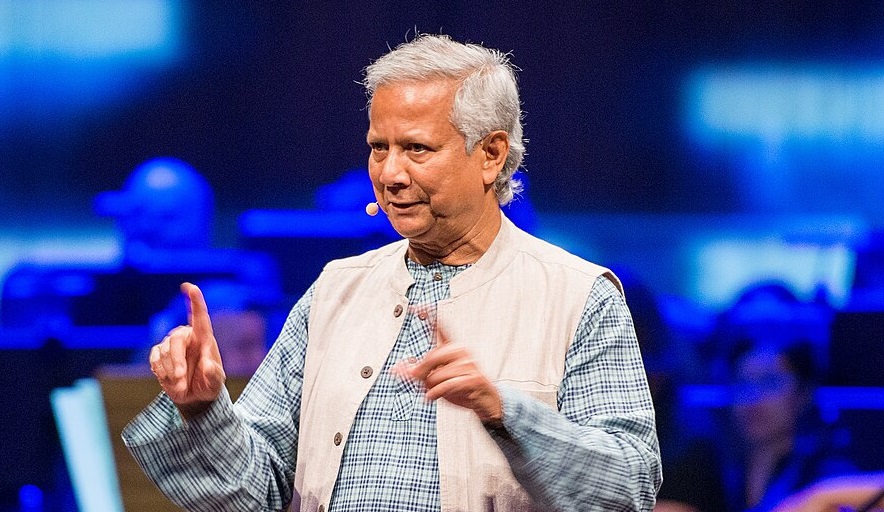
Bangladesh Leader’s Remarks on Northeast India Spark Controversy
Comments made by Bangladesh’s interim leader Muhammad Yunus have sparked a political firestorm after he described India’s northeastern states as an “extension of the Chinese economy” and invited Beijing to expand its influence through Bangladesh, positioning the country as the “guardian of the ocean” for the landlocked region. His remarks, made during a recent visit to China, have provoked strong condemnation from Indian political leaders who see this as an affront to India’s sovereignty and a threat to regional stability.
Bangladesh China Ties
Yunus, during discussions with Chinese officials, proposed enhanced economic collaboration and urged China to use Bangladeshi ports such as Chattogram, Mongla, and Payra to strengthen trade in the region. He portrayed Bangladesh as an essential maritime gateway for India’s northeast and offered the country as a base for Chinese economic expansion. His overtures to China come at a time when Beijing is actively deepening its footprint in South Asia, raising strategic concerns in New Delhi.
Northeast India Statement Sparks Outrage
The political fallout was immediate. Tipra Motha chief Pradyot Manikya from Tripura sharply criticized Yunus’s remarks and suggested that India should rethink its infrastructure-heavy strategy in the northeast. He floated the idea of bringing historically connected areas like the Chittagong Hill Tracts under Indian influence, thereby gaining direct access to the sea and eliminating reliance on Bangladesh for regional connectivity.
Assam Chief Minister Himanta Biswa Sarma called Yunus’s comments “offensive” and “deeply condemnable.” He stressed the urgency of reducing India’s dependence on Bangladeshi transit routes and reiterated the vulnerability posed by the Siliguri Corridor—India’s narrow land link to the northeast. According to him, India must accelerate its internal infrastructure and connectivity projects to counterbalance external strategic pressures.
Geopolitical Implications
Yunus’s proposal for China to involve itself in water management projects in Bangladesh, including the Teesta River, is being closely watched by Indian officials. The Teesta has long been a sensitive subject between India and Bangladesh, and the prospect of Chinese participation in such a project raises alarms in New Delhi. The growing collaboration between China and Bangladesh is seen as part of a broader pattern of Beijing’s assertiveness under its Belt and Road Initiative, challenging India’s influence in its neighborhood.
With shifting political alliances and increasing Chinese outreach in the region, India is now being pushed to reassess its diplomatic posture and strategic engagement with neighboring countries. The controversial remarks by Yunus have served as a catalyst for urgent policy reflection and may have long-term consequences for regional alignments in South Asia.

















